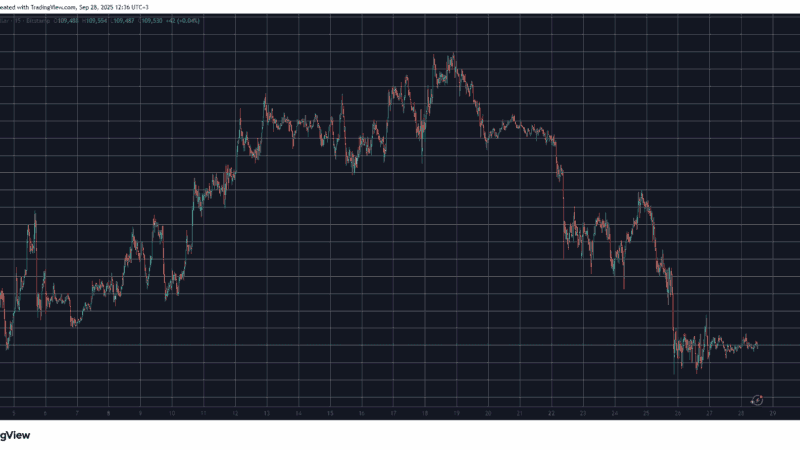Bitcoin Short ETF is Now Second Largest Bitcoin ETF in US
As Bitcoin’s price tanks below 2017’s highs, the latest Bitcoin ETF to hit the US market has been thriving. ProShares short Bitcoin ETF (BITI) is already the second-largest Bitcoin ETF in the country.
Bullish on the Bear Market
Since BITI launched on June 21st, its accumulated net short exposure equivalent to 939 BTC within a week. Though the ETF didn’t have an explosive start, it saw substantial inflows beginning on June 23rd.
By comparison, Valkyrie’s BTF ETF currently holds an 840 BTC equivalent, and VanEck an 830 BTC equivalent. The former has been live since last month, while the latter has been live since October.
BITI is designed to deliver inverse performance from the S&P CME Bitcoin Futures Index. It allows investors to short BTC and profit off of its downside volatility. However, as Arcane explained, long-term short exposure to BITI is inefficient.
“The fund seeks a return that is -1x the benchmark (BTC) for a single day, and compound effects will lead to underperformance vs the index during upside volatility,” it states.
Nevertheless, the ETF has proven relatively popular in the short term, leaving ProShares in charge of the two largest Bitcoin ETFs in the country. BITI is only outstripped by BITO, the ProShares Bitcoin Strategy ETF that holds exposure equivalent to 32,715 BTC as of Monday.
Part of its popularity may stem from the bearish market that it emerged in. As CEO Michael L. Sapir explained at launch, the latest downturns are proof of the benefit that short ETFs can provide investors.
Spot ETF Denied
BITI’s successful launch did not sit well with a substantial portion of the industry, which has grown impatient with the SEC’s refusal to approve a Bitcoin Spot ETF in the country. Blockware’s lead insights analyst claimed on Monday that the commission’s actions suggest that it has an “agenda against Bitcoin.”
Grayscale – the world’s largest Bitcoin fund – feels the same way. It has now filed a lawsuit against the SEC for failing to fairly treat similar investment vehicles in a similar way.
However, the commission emphasized in its filing that its decision did not relate to any prejudice against Bitcoin as an investment asset. Rather, it claimed that Grayscale failed to demonstrate that “its proposal is consistent with the requirements of [the] Exchange Act.”

